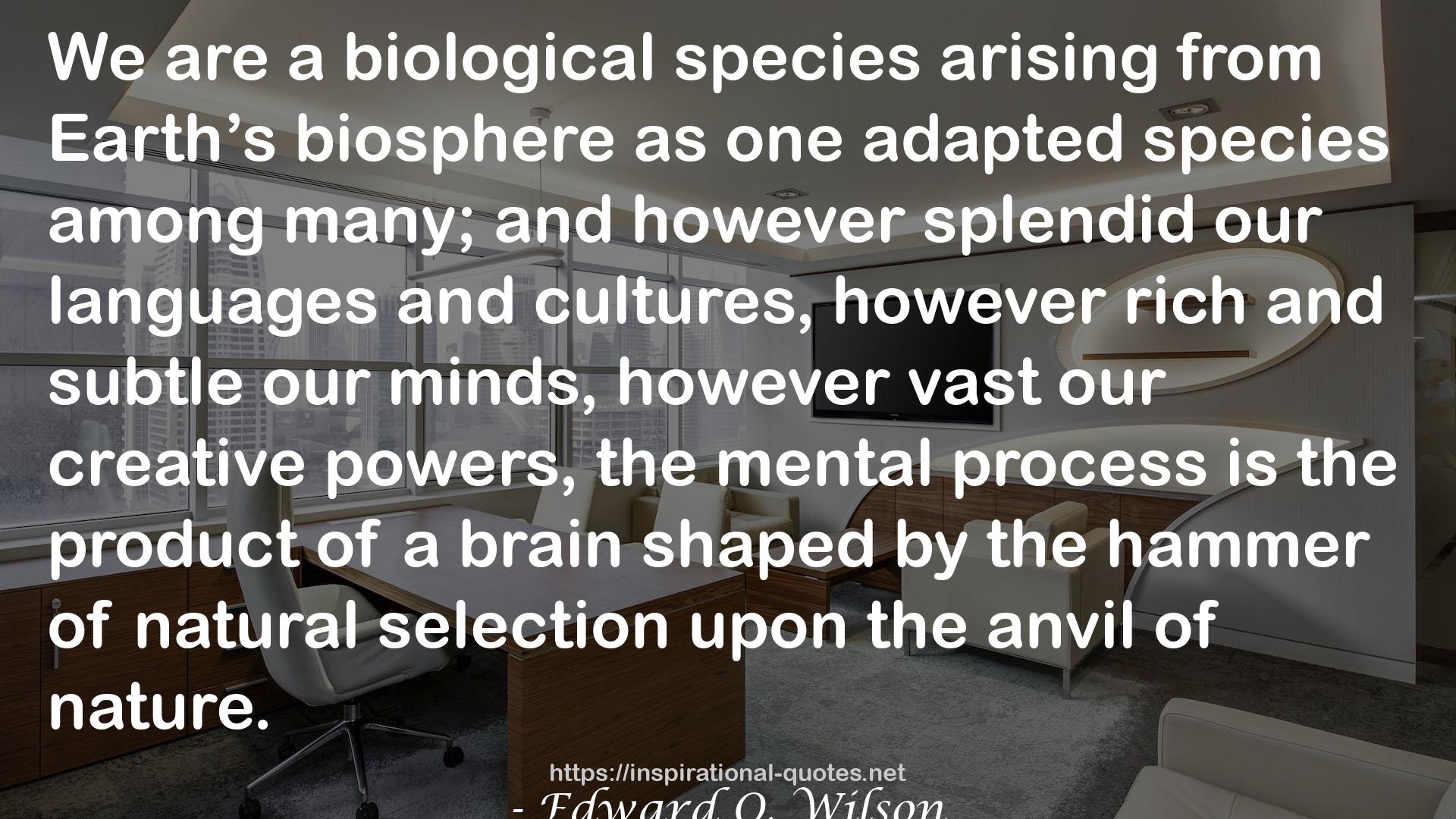4
" The earlier Aryan invaders of the Gangetic Plain presided over feasts of cattle, horses, goats, buffalo, and sheep. By later Vedic and early Hindu times, during the first millenium B.C., the feasts came to be managed by the priestly caste of Brahmans, who erected rituals of sacrifice around the killing of animals and distributed the meat in the name of the Aryan chiefs and war lords. After 600 B.C., when populations grew denser and domestic animals became proportionately scarcer, the eating of meat was progressively restricted until it became a monopoly of the Brahmans and their sponsors. Ordinary people struggled to conserve enough livestock to meet their own desperate requirements for milk, dung used as fuel, and transport. During this period of crisis, reformist religions arose, most prominently Buddhism and Jainism, that attempted to abolish castes and hereditary priesthoods and to outlaw the killing of animals. The masses embraced the new sects, and in the end their powerful support reclassified the cow into a sacred animal. So it appears that some of the most baffling of religious practices in history might have an ancestry passing in a straight line back to the ancient carnivorous habits of humankind. Cultural anthropologists like to stress that the evolution of religion proceeds down multiple, branching pathways. But these pathways are not infinite in number; they may not even be very numerous. It is even possible that with a more secure knowledge of human nature and ecology, the pathways can be enumerated and the directions of religious evolution in individual cultures explained with a high level of confidence. "
― Edward O. Wilson , On Human Nature

